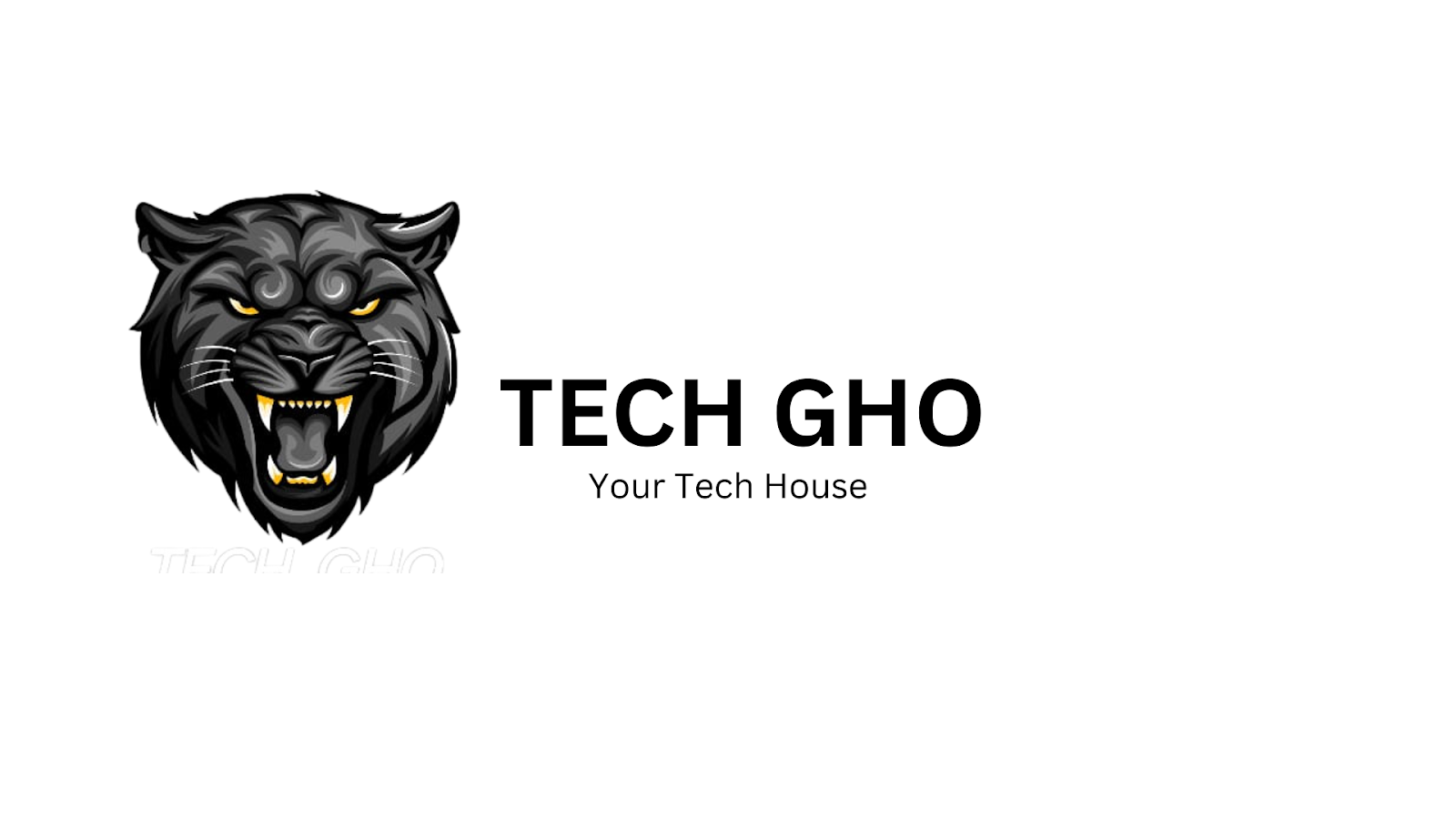The Birth of a New Medium
The concept behind YouTube was simple yet innovative: a platform where users could upload, share, and view videos. The first-ever video, "Me at the zoo," uploaded by co-founder Jawed Karim, hinted at the platform’s potential. Within a few months, YouTube grew rapidly, attracting users who were eager to share their videos with a global audience. By November 2006, just over a year after its launch, YouTube was acquired by Google for $1.65 billion in stock, a move that solidified its place in the digital world.
A Platform for All
One of YouTube's most significant achievements is its democratization of content creation. Before YouTube, video production and distribution were largely the domain of professionals with access to expensive equipment and distribution channels. YouTube changed that by giving anyone with a camera and an internet connection the ability to broadcast themselves to the world.
This accessibility has led to the rise of countless content creators, often referred to as "YouTubers," who have built careers by sharing videos on topics ranging from beauty and gaming to education and activism. Some of these creators have become celebrities in their own right, with millions of subscribers and lucrative brand deals. YouTube has also fostered communities around niche interests, allowing users to connect with like-minded individuals from across the globe.
Cultural Impact
YouTube's influence on popular culture cannot be overstated. Viral videos like "Charlie Bit My Finger," "Gangnam Style," and "Despacito" have not only entertained millions but have also shaped the way we understand and engage with digital media. Music videos, in particular, have found a new home on YouTube, with the platform often being the first stop for music fans eager to hear the latest hits.
YouTube has also become a hub for education and self-improvement. Channels dedicated to teaching everything from coding to cooking have gained massive followings, making knowledge more accessible than ever. The platform’s impact on education has been profound, with countless educators and institutions using it to reach students around the world.
Challenges and Controversies
Despite its success, YouTube has faced its share of challenges. The platform has been criticized for issues related to content moderation, with some arguing that it has not done enough to curb the spread of misinformation, hate speech, and harmful content. The "Adpocalypse," a term coined by creators, refers to the mass demonetization of videos following advertiser concerns over the placement of ads on controversial content. This led to significant changes in how YouTube manages monetization and content guidelines.
Privacy concerns have also been raised, particularly regarding YouTube's data collection practices and its impact on children. In 2019, YouTube was fined $170 million by the Federal Trade Commission (FTC) for violating the Children's Online Privacy Protection Act (COPPA), leading to changes in how it handles content aimed at children.
The Future of YouTube
As YouTube continues to evolve, its future seems bright but uncertain. The platform is constantly innovating, with features like YouTube Shorts, a response to the popularity of TikTok, and YouTube Premium, a subscription service offering ad-free content and original programming. The rise of competitors and changing viewer habits may present challenges, but YouTube's ability to adapt and grow suggests it will remain a dominant force in the digital landscape.
In conclusion, YouTube has transformed the way we consume and create content. Its impact on entertainment, culture, and education is undeniable, and its influence will likely continue to shape the digital world for years to come. As it navigates the challenges of the modern internet, YouTube remains a testament to the power of user-generated content and the enduring appeal of video as a medium.

